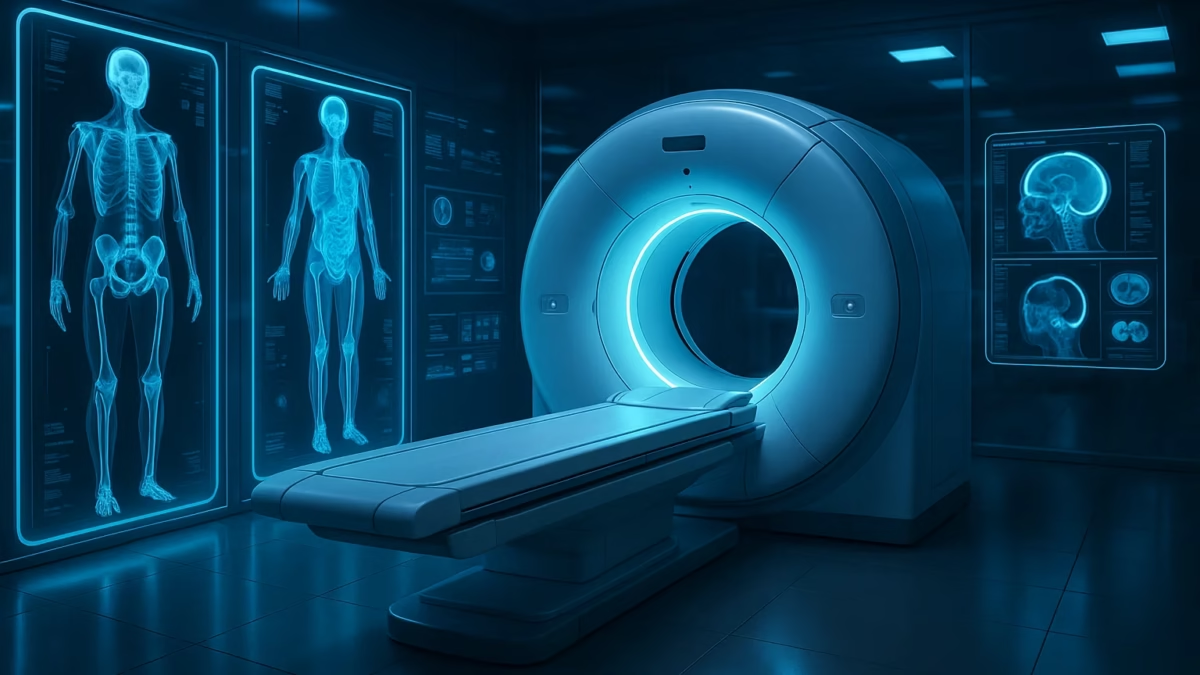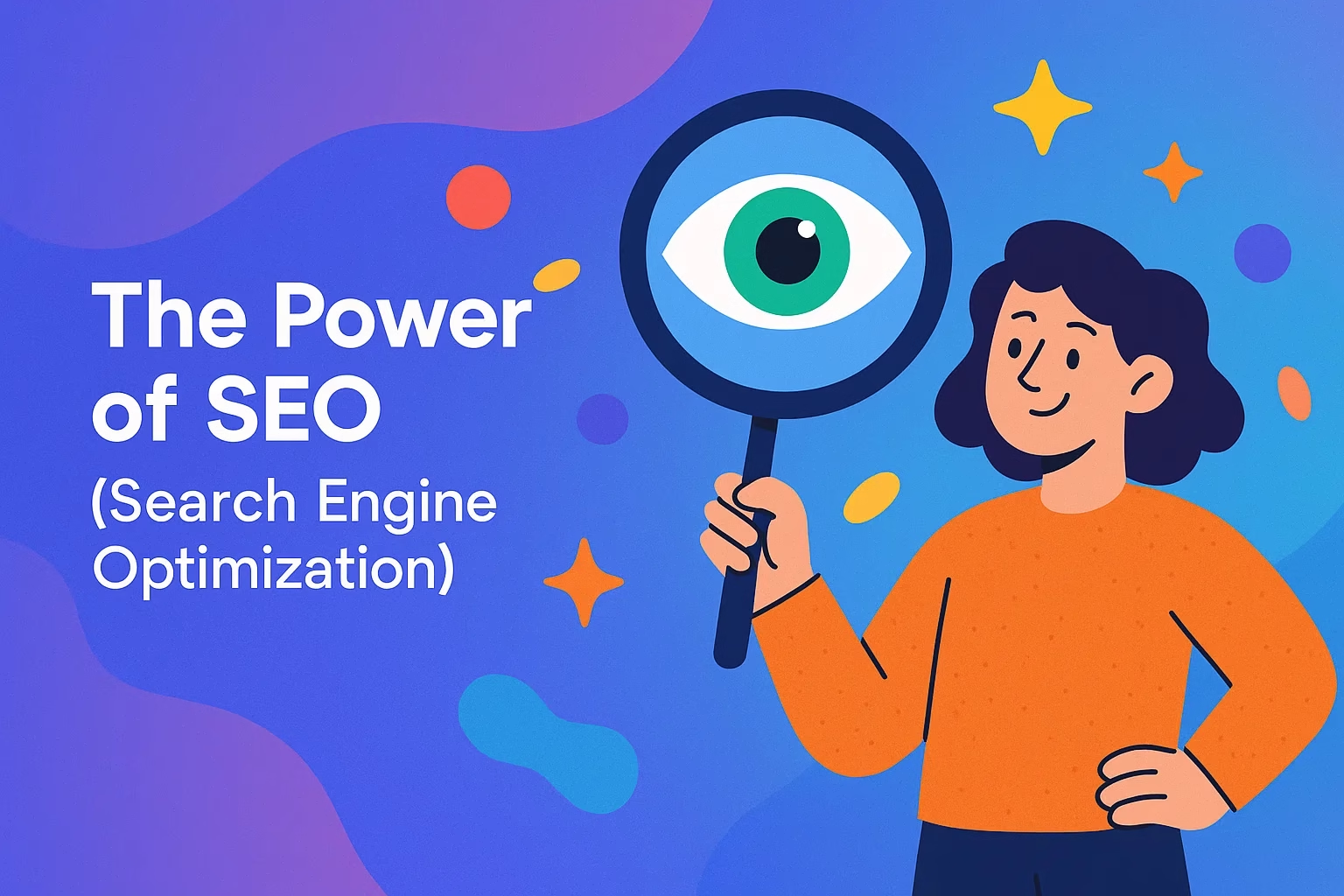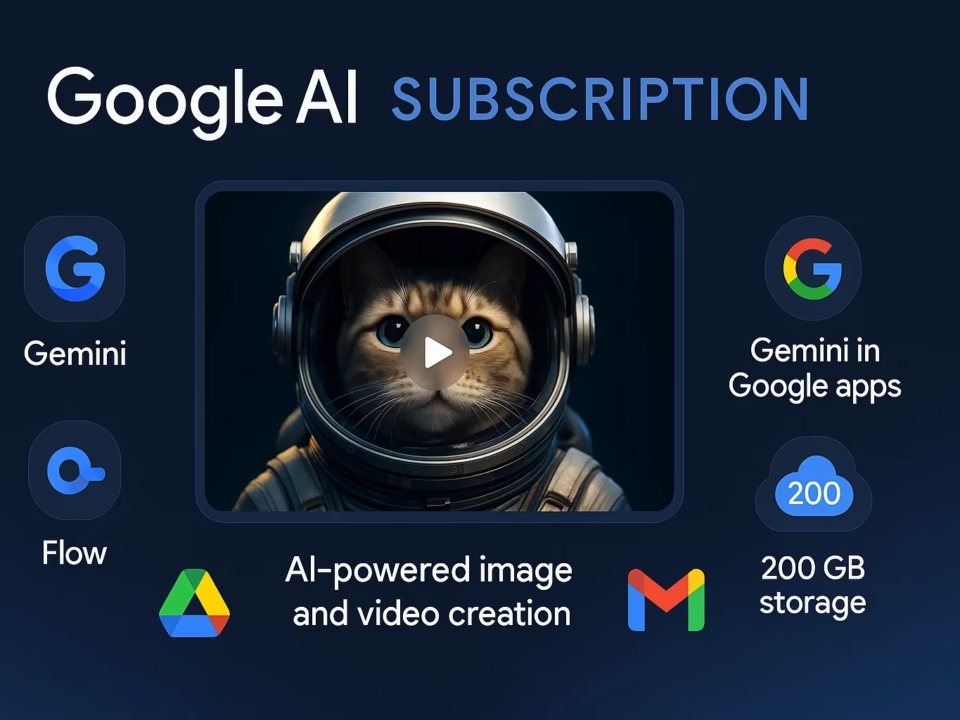
Seedream 4.0 AI: China’s Bold Move Against Google’s Nano Banana
September 15, 2025
Seedream 4.0 vs Nano Banana: Ultimate Image Quality Showdown
September 16, 2025Cancer may remain responsible for one in four deaths in Britain, but agentic artificial intelligence is driving an AI cancer breakthrough by fast-tracking the discovery of new cures.
AI Cancer Breakthrough: How Artificial Intelligence is Changing the Future of Cures
Cancer still accounts for over a quarter of all deaths in England each year, but there’s reason for optimism. Over the last 50 years, cancer-related mortality in the UK has fallen by more than a fifth — from 328 deaths per 100,000 people in 1973 to 252 in 2023, according to Cancer Research UK.
As Cleveland Clinic Cancer Institute’s director, Alex Adjei, noted: “The fight against cancer is a story of real, measurable progress.” And indeed, both the government and private organizations are working to accelerate this progress with groundbreaking medical technologies and AI cancer breakthroughs.
In its 10-Year Health Plan, the government introduced home-testing kits to improve cervical screening access for women who miss in-person appointments. At the same time, NHS patients are set to benefit from Europe’s first ultrasound-based liver cancer treatment, which eliminates tumors non-invasively. NICE has also approved a new urothelial cancer therapy that nearly doubles patient survival rates compared to conventional treatments.
Private healthcare providers are equally invested in innovation. The Royal Marsden became the first UK hospital to treat multiple myeloma patients with CAR-T cell therapy outside clinical trials, while Nuffield Health began rolling out state-of-the-art mammography systems for early breast cancer detection. Cleveland Clinic London is also investing in the future with an upcoming 81,000-square-foot cancer centre in Belgravia, designed to advance oncology services and explore the latest AI cancer breakthroughs in treatment and diagnostics.

AI: The Game Changer in Cancer Breakthroughs
Artificial intelligence has moved from fantasy to fact, becoming a genuine game changer in medicine. Despite early doubts, AI is no longer experimental—it is trusted, regulated, and recommended by healthcare authorities, and it is already making an impact in NHS hospitals.
Neil Daly, founder of Skin Analytics, highlighted this transformation: “AI is no longer a future possibility—it’s here, it’s proven, and it’s changing lives.”
Still, one obstacle remains: the public often doesn’t fully understand how this technology is fueling an AI cancer breakthrough.
Garry Nolan, professor of pathology at Stanford University, shared his perspective in a forthcoming Healthcare Today feature: “No human mind can retain all the millions of studies, datasets, and cancer pathways. AI can.”
Modern large language models are able to sift through enormous volumes of research, drawing connections that would otherwise be lost in a footnote. Even more powerful is agentic AI, which can autonomously make decisions and provide tailored answers to clinicians’ questions.
Yet, Nolan offers a note of caution alongside optimism: “AI will help us solve cancer and drive many other breakthroughs. But humans must remain in control, guiding the questions and interpreting the outcomes. The future lies in that human-AI partnership.”
Explore More AI Cancer Breakthrough Stories
Discover how AI is reshaping healthcare, creativity, and technology. Join our community for daily insights and design-driven awareness.
📧 Email: info@masterindesign.com
📞 Contact: +92 300 1234567










